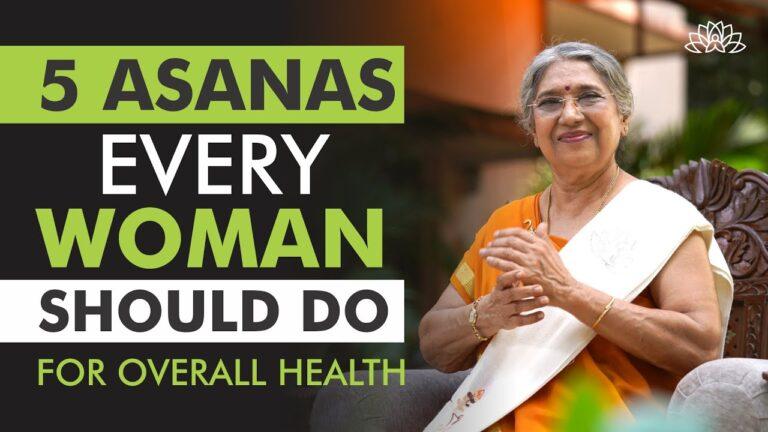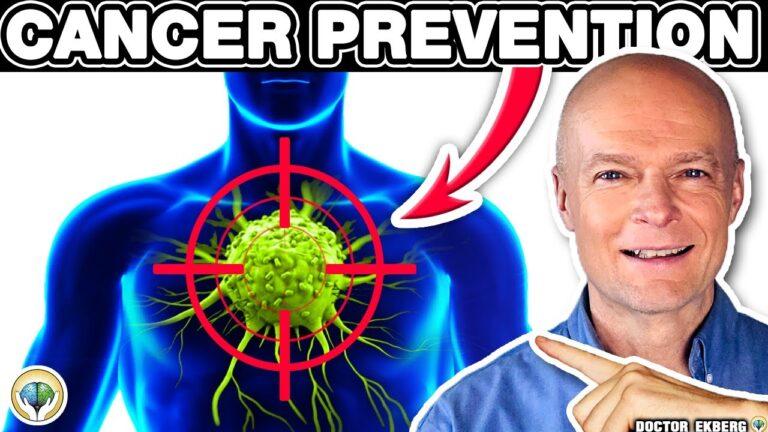A doctor who lost 100 pounds has revealed her top tips for dropping weight and keeping it off, from doing strength workouts to tracking sugar instead of calories.
Dr. Emitis Hosoda, 53, from Washington, is an internal medicine specialist, as well as an expert in anti-aging body composition and nutrigenomics — the study of how genes and nutrition interact.
She has nearly 100,000 followers on TikTok, where she shares videos about genetics, hormones, insulin resistance, and how they relate to weight loss.
Dr. Hosoda recently went viral after detailing the five things she ‘always does as a doctor who lost 100 pounds in her 50s, kept it off, and can still get away with minimal makeup.’
Dr. Emitis Hosoda, an internal medicine specialist from Washington, went viral after sharing the top five things she always does to lose weight and keep it off
The doctor shared that she lost 100 pounds in her 50s and has kept the weight off. She is pictured (left) before and after (right) her weight loss
Dr. Hosoda’s secrets to losing weight – and keeping it off
The first thing many people do when they want to lose weight is cut their calories, but they should be watching their sugar intake.
Dr. Hosoda explained that she ‘looks at the sugar value of food rather than its calories’ because she wants to know if it will spike her insulin and blood sugar levels.
‘I don’t really care about calories at all,’ she said.
When people eat carbohydrates, the food is broken down into blood sugar. This tells the pancreas to release insulin, which allows glucose to enter the body’s cells.
Over time, high blood sugar levels can cause insulin resistance. When insulin is no longer effectively breaking down sugars, the body starts to produce more and more of it.
Eventually, this leads to the pancreas becoming worn out, sending the system out of whack and causing blood sugar levels to stay high. Elevated blood sugar and insulin resistance are both linked to weight gain and excess body fat.
Dr. Hosoda explained that she ‘looks at the sugar value of food rather than its calories’ because she wants to know if it will spike her insulin and blood sugar levels (stock image)
Tailor your supplements
Dr. Hosoda said she takes ‘the right supplements’ for her genetics and hormones.
‘A lot of people just take supplements willy-nilly thinking they are going to help with weight loss,’ she said. ‘But unless you know what you’re taking the supplements for and what your genetics are, the likelihood that the supplements are going to help you is not very high.’
In a more another recent video, she advised viewers to undergo nutrigenomic testing to ‘figure out which vitamins you should take, which will be the highest yield for you, and what forms you should take them in.’
Dr. Hosoda advised drinking about half an ounce to an ounce of water per pound of body weight depending on how active you are
The internist is also an expert in anti-aging body composition. She is pictured before (left) and after (right) her 100-pound weight loss
Drink enough water
The benefits of drinking water are well-documented, but that doesn’t mean everyone is hydrating as they should.
‘Each of us should be drinking about half an ounce to an ounce of water per pound of body weight depending on how active we are,’ Dr. Hosoda advised. ‘If you’re really active and sweating, it should be more around the one-ounce mark.’
Based on these calculations, a 160-pound person should drink a minimum of 80 ounces of water a day and increase the amount when performing strenuous activities.
Dr. Hosoda noted that people who have certain medical conditions such as kidney disease should check with their doctors to see how much water they should consume.
‘But that’s the water intake you usually want to do,’ she added. ‘The reason you want to drink water is because you don’t want to mistake thirst for hunger.’
Dr. Hosoda said that she takes magnesium to handle her sugar cravings and sleep
Take magnesium
Dr. Hosoda said that she takes magnesium to handle her sugar cravings and sleep.
Taking a magnesium supplement to address a deficiency has been linked to improving blood pressure, sleep, mood, and blood sugar management, according to Healthline.
The internist noted that women who are over the age of 35 and are perimenopausal or menopausal may want to consider taking it if they are having trouble sleeping.
In another video, she explained that headaches, anxiety, muscle spasms, trouble sleeping, and sugar cravings are all signs of magnesium deficiency.
Dr. Hosoda noted that many people think that ‘over aerobicizing’ and ‘killing themselves’ at the gym is going to help them lose weight, but overtraining can lead to weight gain
Do strength workouts
Dr. Hosoda added that she likes to ‘do workouts that include strength.’
She noted that many people think that ‘over aerobicizing’ and ‘killing themselves’ at the gym is going to help them lose weight, but overtraining can lead to weight gain.
In other videos, the internist shared that she likes to do leisurely aerobics, body weight exercises, and weightlifting to stay fit.
Dr. Hosoda said she is not a fan of jogging, intense aerobics, or Peloton spinning workouts because they can ‘spike cortisol,’ the stress hormone.
Intense exercise without proper recovery can lead to elevated levels of cortisol and low testosterone, according to Healthline. These hormonal changes are linked to weight gain and excess belly fat,
‘I’m here to tell you you’re much better off building your strength if you’re over the age of 50,’ Dr. Hosoda concluded.
If you enjoyed this article…
This content was originally published here.



















